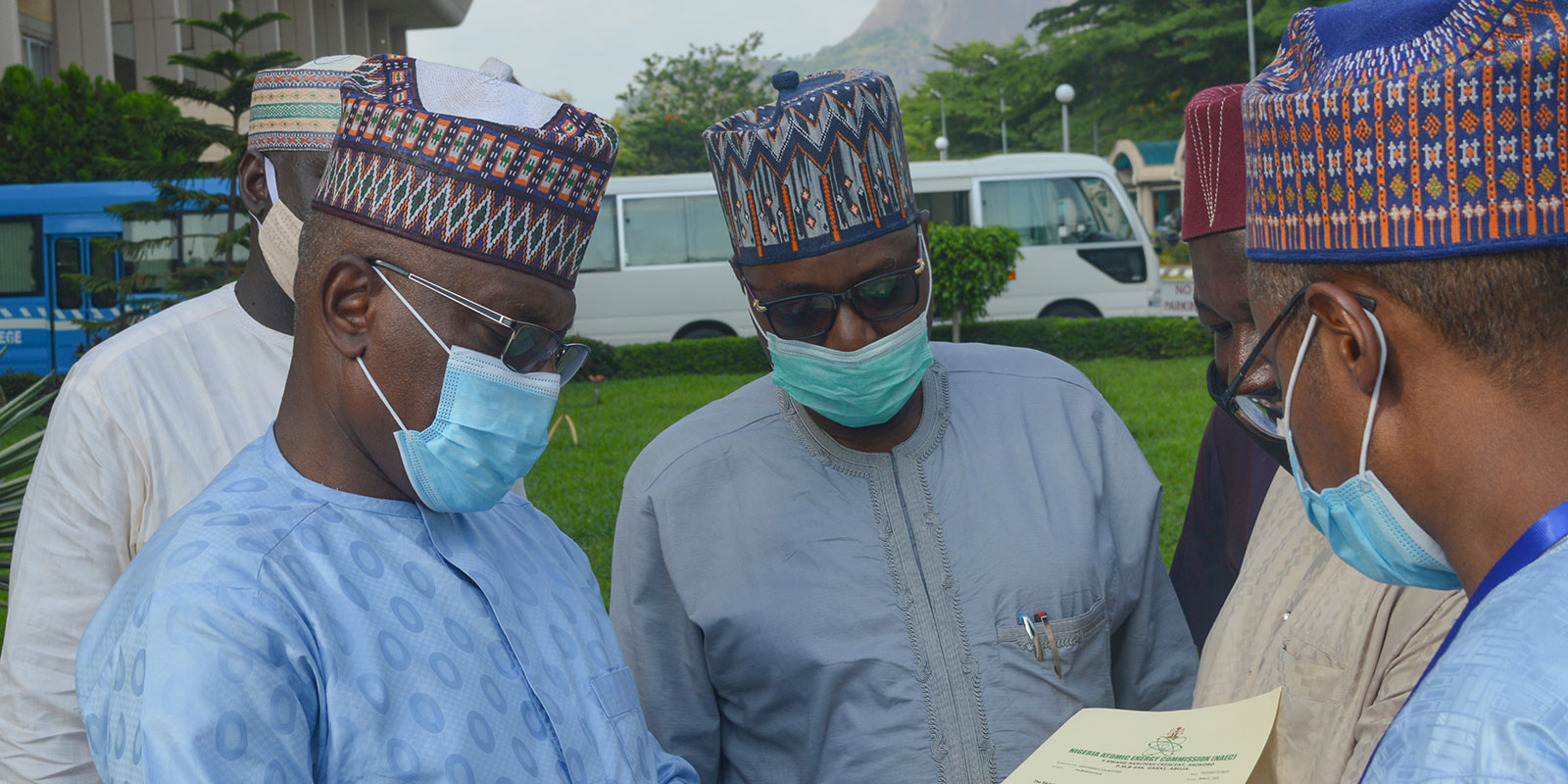Yobe State is located alongside Borno and Adamawa states in the BAY states region of north-east Nigeria. It shares boundaries with Borno State to the east, Gombe State to the south, and Bauchi and Jigawa states to the west. It also shares an international border, which stretches over 323 km, with the Republic of Niger to the north. The climate is basically tropical, with marked dry and rainy seasons, heavily influenced by the tropical, continental and maritime air masses that originate from the Sahara Desert and the Atlantic Ocean. The mean annual rainfall ranges from 300 mm in the north to about 700 mm in the south.
The effects of the insurgency have left many families displaced and a number of children orphaned. Humanitarian challenges are present in all sectors: food security, nutrition, health, protection, emergency shelter, food and non-food items, education, water sanitation and hygiene (WASH), and infrastructure development. Several government and non-governmental organisations (NGOs), as well as partners and donors, are actively supporting Yobe State. These support efforts were affected by the COVID-19 pandemic, which slowed down all livelihoods and infrastructure development activities in the state.
The impact of #COVID19 on the #LakeChadBasin region has been severe, and came as the region was starting to recover from the devastating effect of the Boko Haram insurgency.
Tweet
The state government is driving an industrialisation programme of “one town one product” as part of the larger insurgency recovery plans, aimed at improving social rehabilitation, poverty reduction and job creation. However, the COVID-19 pandemic has slowed down implementation and progress.
Current ongoing collaboration and partnership with federal government agencies and parastatals, regional organisations such as the Lake Chad Basin Commission, international and local NGOs and development partners is absolutely necessary.
The impact of the COVID-19 pandemic in Yobe State has been multidimensional. It has impacted livelihoods, health, education, security and infrastructure development. A recent assessment conducted by the Yobe State Emergency Management Agency (YOSEMA) and the Ministry of Health and Human Services found that out of the 92 confirmed cases of COVID-19 in the state, only 8.7% of human lives were lost in the pandemic, which is considered relatively insignificant. Furthermore, the pandemic brought about a reduction in hospital attendance and the suspension of routine services, and reduced attention on other epidemic-prone diseases across the state.
There has also been a disruption in socio-economic activities, resulting from a ban in movement and transportation across the state and the country at large. This has resulted in increased poverty and economic hardship for citizens in Yobe State. In terms of food security, small-scale business holders, petty traders and farmers have lost great opportunities for a bumper harvest, despite sufficient rainfall this year. These lost opportunities may result in famine in some parts of the state.
Youth unemployment, worsened by the inability of small business owners to sustain employment during the pandemic, might be the reason behind the increased apprehension among youths in the state.
Furthermore, the closure of schools and institutions greatly affected academic activities such as enrolment into schools and the retention of those already enrolled, especially in post-conflict newly liberated communities in the state. The distortion of the school calendar and suspension of school attendance has resulted in increased illiteracy rates, a tendency for truancy, etc.
Therefore, scaled-up COVID-19 sensitisation training for school administrators and teachers on the prevention of the pandemic, as well as sustained sensitisation and capacity building for community stakeholders, will assist in reducing the fear of stigmatisation and boost control efforts.
Dr Abubakar G. Iliya is the Commissioner for Humanitarian Affairs and Disaster Management of Yobe State, north-east Nigeria.

